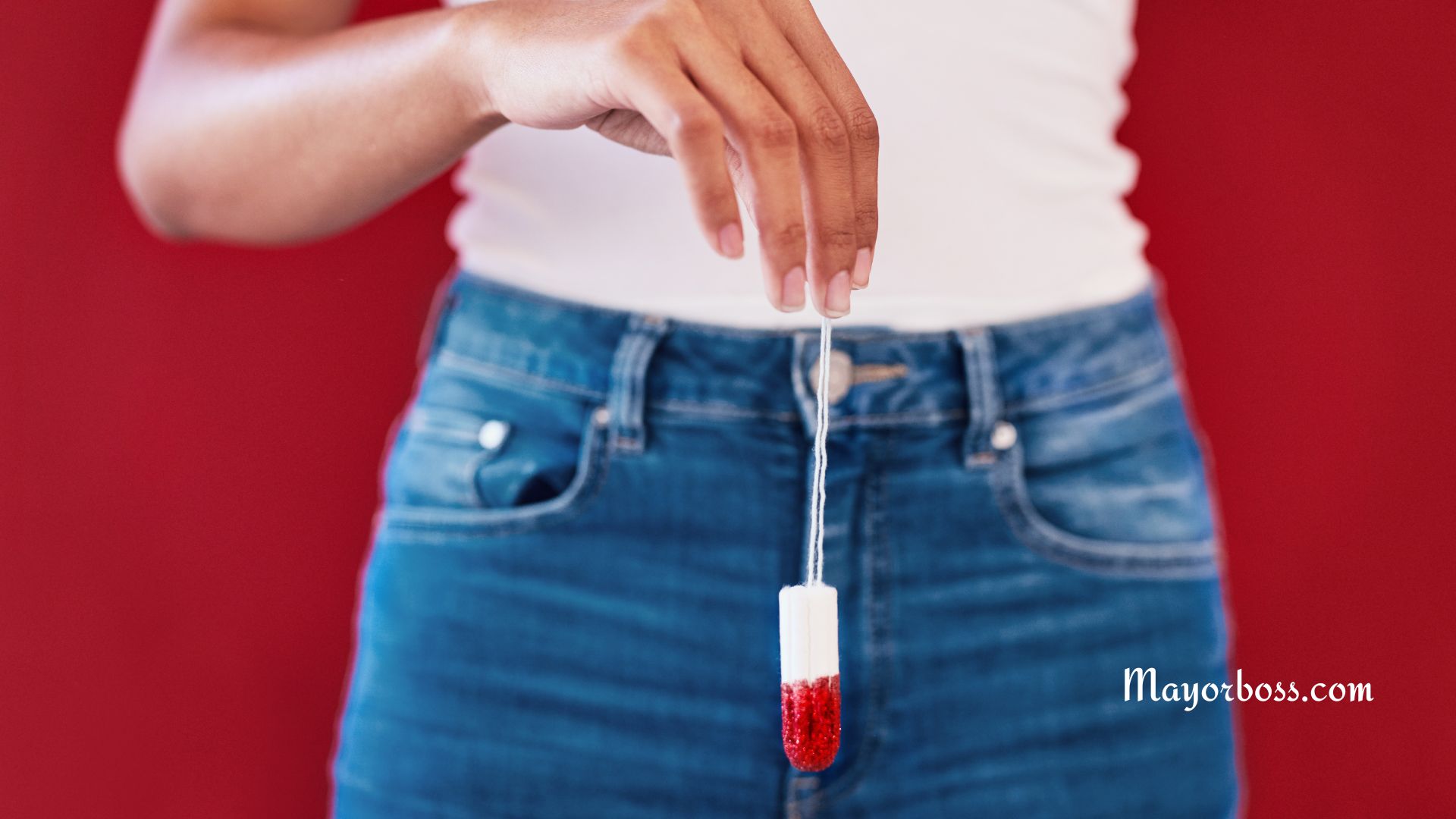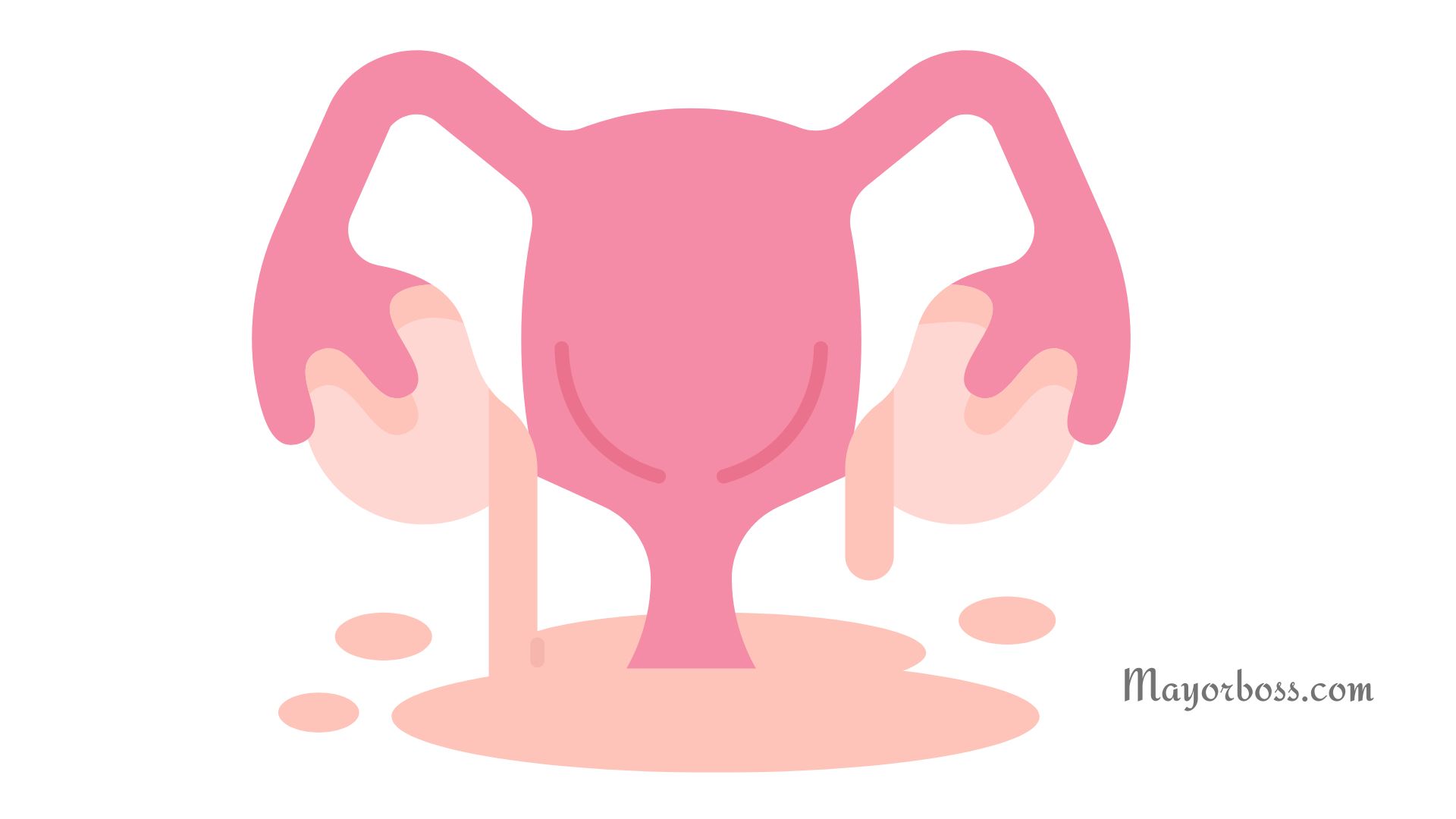Period Blood Clots: What They Mean and When to Worry
Brief summary: Period blood clots are little lumps or clumps that can appear in a woman’s menstrual flow. Most of the time, these clots are normal and harmless. They usually happen when the blood flow is heavy and blood pools in the uterus before leaving the body. However, sometimes, they can be a sign of a more serious health problem. This article will explain what period blood clots are, why they happen, and when you should talk to a healthcare professional about them.
What Are Period Blood Clots?
Period blood clots are chunks of blood that have clumped together. During your menstrual cycle, you might notice these clots in your pad or tampon. They can be different sizes and might look like a dark red or even a black jelly-like substance.

Why Do They Happen?
When you have your period, your body sheds the lining of the uterus. Sometimes, the blood and tissue come out so quickly that they clump together, forming clots. This is especially common if you have a heavy flow.
However, as per research, these clots may also contain bits of the uterine lining or other tissues. They usually aren’t a reason to worry and are a normal part of many women’s menstrual cycles.
When Should You Be Concerned?
While period blood clots are usually harmless, sometimes they can signal a more serious issue. Here’s when you might want to talk to a healthcare provider:
If the Clots Are Large
If you notice clots that are bigger than a quarter, it might be a good idea to consult a healthcare provider. Large clots could be a sign of a health condition that needs to be addressed.
If You Experience Heavy Bleeding
If your periods are consistently heavy and you also have large clots, it’s wise to speak with a healthcare professional. This could be a sign of conditions like fibroids or endometriosis.
If You Have Pain or Other Symptoms
Should you experience pain, discomfort, or other unusual symptoms along with the clots, it’s best to get a professional opinion. A healthcare provider can help you figure out if there’s an underlying issue that needs to be treated.
How to Manage Period Blood Clots
Usually, you don’t need to do anything special to manage period blood clots. But if they are bothering you, here are some things that might help:
Keep Track of Your Symptoms
Write down what you notice about the clots, such as their size and when they appear. This information can help a healthcare provider if you decide to consult one.
Consider Changing Your Menstrual Products
Sometimes, using a different type of pad or tampon can make you feel more comfortable. Experimenting with various products might help you find what works best for you.
Frequently Asked Questions
What Causes Period Blood Clots?
Period blood clots are usually caused when blood and tissue are shed quickly from the uterus during menstruation. If the flow is heavy, the blood might pool and form clots. Other factors, like hormonal changes or underlying health conditions like fibroids, might also contribute to clot formation.
Are Period Blood Clots Normal?
Yes, period blood clots are typically normal, especially if they are small and occur during a heavy flow. Most women experience them at some point in their lives. However, if the clots are large or accompanied by other symptoms like pain, it may be wise to consult with a healthcare provider.
When Should I See a Healthcare Provider About Period Blood Clots?
You should consider seeing a healthcare provider if:
- The clots are larger than a quarter.
- You experience heavy bleeding along with clots.
- You have pain, discomfort, or other unusual symptoms with the clots.
- Your bleeding lasts longer than seven days.
These could be signs of an underlying health issue that needs professional care.
How Can I Manage or Reduce Period Blood Clots?
Most of the time, period blood clots don’t require any special management. However, if they bother you, you can:
- Keep track of your symptoms to share with a healthcare provider if needed.
- Experiment with different menstrual products to find what feels most comfortable.
- Maintain a healthy lifestyle, as some studies suggest that diet and exercise may affect menstrual flow.
Can Period Blood Clots Indicate a Serious Health Problem?
While period blood clots are usually harmless, they can sometimes be a sign of a more serious health problem, like fibroids or endometriosis. If the clots are large, consistent, or accompanied by other symptoms, it’s a good idea to talk to a healthcare provider. They can conduct an examination and tests to rule out any underlying conditions that might need treatment.
Final Words
So, period blood clots are typically nothing to fret about. However, it’s always good to pay attention to your body. If something doesn’t seem right or if the clots are large, accompanied by pain or other symptoms, don’t hesitate to reach out to a healthcare provider. They can help you figure out what’s going on and ensure you’re taking good care of your health.
Further Reading: Brown Period Blood: What It Means






